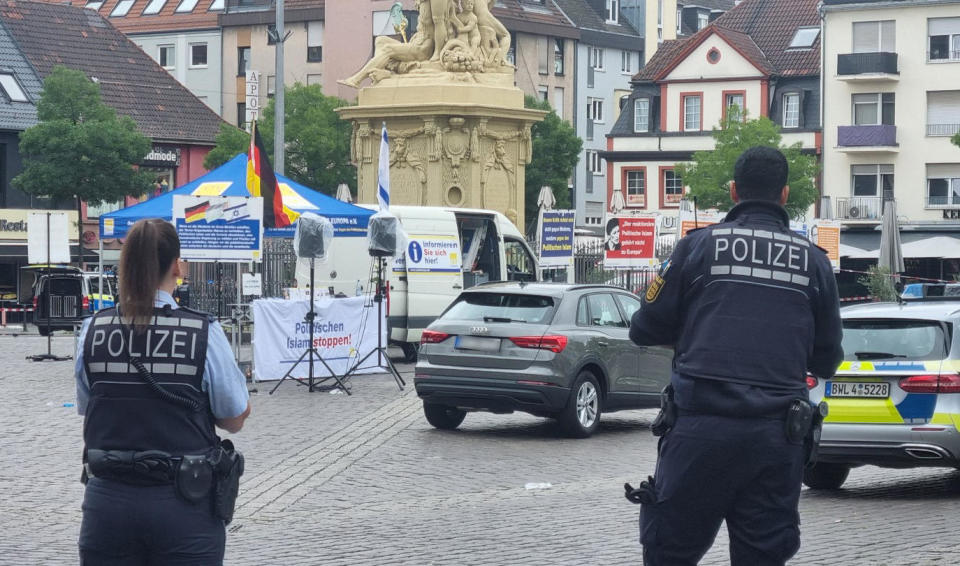Emotions ran high at the Colorado Parks and Wildlife Commission meeting held Thursday at ground zero of recent wolf depredations, with pleas from ranchers for the state to allow the use of night vision imaging to kill wolves, and wolf advocates calling for patience before the use of lethal means.
After a lengthy public comment period and commission discussion in Grand County’s Winter Park, the commission voted 6-4 in favor of the use of night-time aids to kill wolves in the act of attacking livestock, and in restricted form for chronic depredating wolves. The regulation passed was one recommended by Colorado Parks and Wildlife staff.
It was acknowledged by Colorado Parks and Wildlife Director Jeff Davis and several commissioners that despite the lengthy discussion, permits for such lethal means will seldom, if ever, be issued, especially in chronic depredation situations.
“I feel like we are wrestling about something that may never happen, and by the time we did issue one of these (night aid chronic depredation permit to landowners), I will probably be dead,” Davis to the commissioners.
The ability to use night vision imaging to kill wolves was first brought up to Colorado Parks and Wildlife several months ago by Jackson County cattle rancher Don Gittleson, who has suffered multiple wolf depredations. He said at Thursday’s commission meeting his intention was for night vision equipment to be allowed only for wolves in the act of depredating, not to remove chronic depredating wolves, which ranchers believe should be removed by state or federal officials.
Ranchers applauded the vote, saying it gives them a tool to address wolves attacking their livestock at night, which is when all 30 of Colorado’s wolf depredations since December of 2021 took place.
Grand County rancher Doug Brouchez, who had a confirmed wolf kill of a calf on April 2, said night vision imaging equipment starts around $5,000 and can run more than $10,000. Some night vision imaging scopes include the ability to record a video.
“We are law-abiding people and many of us use spotlights and thermal imaging to protect our herds,” he told the commissioners. “Practicing good animal husbandry is big and use of tools such as thermal imaging to protect our livestock from depredations is part of that. It also would provide evidence of an attack.”
Opponents of the regulation said it is too early to consider use of lethal means and instead stressed the use of nonlethal means to protect livestock and wolves.
“Wolves have been reintroduced less than six months and now we are considering using artificial night vision equipment to kill wolves, which are still an endangered species,” wolf advocate Darlene Koebel told the commission. “The problem is at night you see an image of an animal in a field with cows and that wolf is shot. What proof do you have? Was it the right wolf or was it even attacking? We are far from having a stable wolf population. If we could work together, both sides could benefit.”
Wolves in Colorado are federally and state protected as anendangered species and lethal take is only allowed if human life is at risk. However, wolves are listed as “nonessential, experimental” under the federal 10(j) rule, which allows for the lethal removal of a wolf or wolves in the act of attacking livestock and in chronic depredating situations.
The lengthy public comment period often strayed to what both sides consider a more critical decision than use of night vision imaging to kill wolves: a definition of chronic depredation.
Ranchers continued to push the commission for a specific number of depredations in a given period of time to define chronic depredations. The Middle Park Stockgrowers Association in Grand County has repeatedly sent letters to Gov. Jared Polis, Davis and legislators asking for the removal of two released wolves they say are responsible for killing eight cattle in the county since April 2.
They say that is a clear case of chronic depredation and lethal removal is allowed in such circumstances under the state’s recovery plan.
Davis has repeatedly refused the request, saying it would hamper the state’s ability to grow the population, especially since those two wolves are also the state’s only known denning pair.
Davis and several commission members met with Grand County ranchers near Kremmling where the depredations have taken place before the commission meeting, which started June 12.
Wolf advocates countered by saying a definition is not needed and the agency should continue to follow the state’s wolf recovery plan of determining the use of lethal force on a case-by-case basis.
Colorado Parks and Wildlife announced in a Thursday news release that it was creating a temporary ad hoc working group to examine potential alternatives to address the chronic depredation issue, build trust, and decrease tension between opposing groups and the agency and seek ways to address conflicts as they arise.
Reid DeWalt, the wildlife agency’s assistant director, told commissioners the group would be composed of four cattle/sheep producers, four wolf advocates and four Colorado Parks and Wildlife staff.
This article originally appeared on Fort Collins Coloradoan: Colorado wolves can be killed using night vision technology
Signup bonus from




